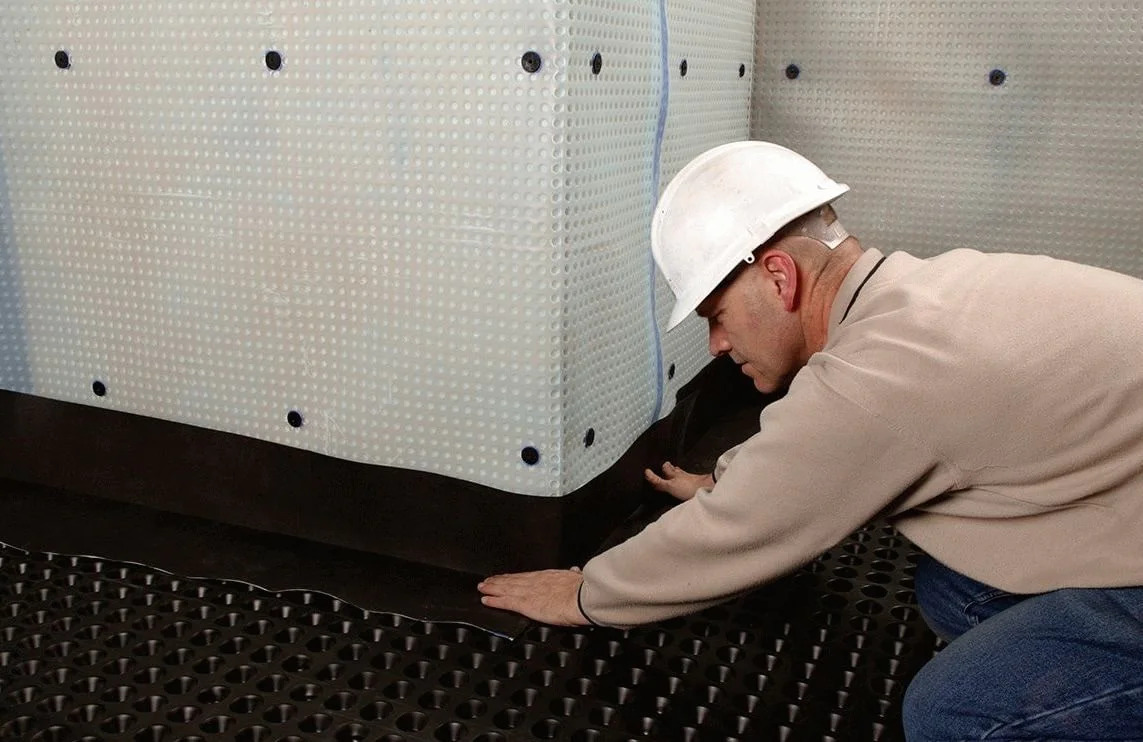Did you know that basements are some of the most “sensitive” areas in homes? Basements are particularly prone to mold, mildew, and other unpleasant damage, which can lead to significant costs and more. What should you do if mold appears in your basement? In this article, we’ll explain how to effectively and permanently eliminate mold in basements.
Why does mold appear in basements?
To get rid of mold and mildew, it’s essential to understand the causes of their occurrence. Mold in basements typically arises from the following factors:
- Basements often have high humidity levels, which promote mold growth. This is often due to their location below ground level, leading to moisture accumulation.
- Poor ventilation in basements prevents moisture from drying out, creating a favorable environment for mold growth.
- The cold surfaces of basement walls and floors can cause condensation of moisture from the air, also leading to mold growth.
- Structural cracks and defects can allow water to enter the basement, increasing humidity.
Thus, we’ve identified that excessive moisture is the primary cause of mold and mildew in basements. So, how can you permanently solve this problem? Nowadays water proofing for basement from Pryde Group can help you with that.

Basement waterproofing: service details
Basement waterproofing is a service designed to protect your space from mold, mildew, and premature damage. Excessive moisture in basements can not only lead to mold but also damage walls, floors, ceilings, and disrupt any systems or equipment stored in the basement.
Basement waterproofing is a crucial aspect of maintaining its functionality and preserving the building’s structure. This process involves a range of specialized measures aimed at protecting the basement from moisture and water that might seep in from outside.
The primary focus of basement waterproofing is creating a barrier that prevents water ingress. Another important component is sealing joints and cracks. All potential water entry points, such as joints between walls and floors or between different parts of the structure, must be carefully sealed.
Additionally, waterproofing may include extra measures, such as installing a drainage system to help direct excess moisture away from the basement, among other solutions.
It’s also important to note that effective waterproofing requires a professional approach, so it’s best to consult specialists like Pryde Group, who can perform the waterproofing at the highest level.